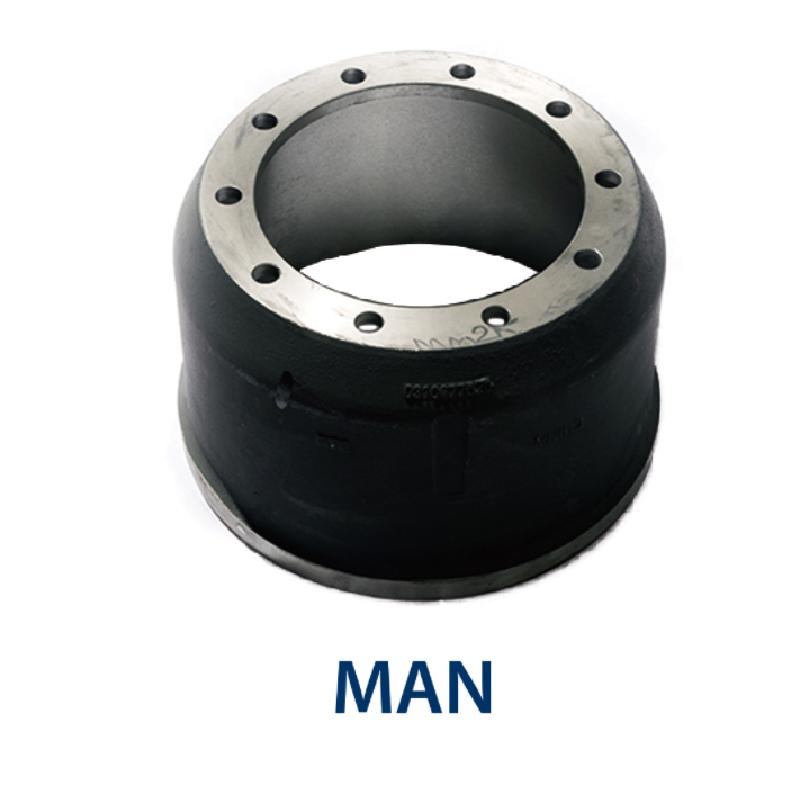Oct . 05, 2024 18:42 Back to list
how often should brake drums be replaced
How Often Should Brake Drums Be Replaced?
Brake systems are one of the most critical safety features of any vehicle, playing a vital role in ensuring a smooth and safe driving experience. Among the various components of the brake system, brake drums are essential, especially in vehicles equipped with drum brakes. Understanding the necessity and frequency for replacing brake drums can help maintain your vehicle's safety and performance.
What Are Brake Drums?
Brake drums are cylindrical components that house the brake shoes and play a crucial role in braking. When the driver presses the brake pedal, the hydraulic system engages the brake shoes, which then press against the inner surface of the brake drum, creating friction and slowing down or stopping the vehicle. Just like any other part of a vehicle, brake drums undergo wear and tear over time and eventually need to be replaced.
Signs of Wear and When to Replace
The frequency of brake drum replacement can vary based on several factors, including driving habits, vehicle type, and environmental conditions. However, certain signs indicate it may be time to replace your brake drums
1. Unusual Noises If you hear grinding, squeaking, or squealing noises when braking, it might be an indication that the brake shoes or drums are worn out and need attention.
2. Reduced Performance If your vehicle takes longer to stop or if you feel vibrations when applying the brakes, it may signal that the drums are not functioning effectively.
3. Physical Damage Inspect the brake drums for any visible cracks, deep grooves, or warping. Any sign of physical damage typically necessitates replacement.
how often should brake drums be replaced

4. Brake Warning Light Many modern vehicles are equipped with a dashboard warning light for the brake system. If this light illuminates, it’s essential to investigate as it could indicate problematic brake components.
5. Mileage and Usage On average, brake drums should last between 30,000 to 70,000 miles, but this can vary significantly based on driving conditions. If you frequently drive in stop-and-go traffic, your brake drums may wear out faster.
General Maintenance Tips
Regular maintenance is key to prolonging the life of your brake drums. Here are some tips to consider
- Regular Inspections Have your brake system inspected regularly as part of your vehicle’s routine maintenance. Mechanics can identify wear early and recommend replacements when necessary. - Quality Parts Always use high-quality brake drums and shoes. Cheaper alternatives may save money upfront but can lead to quicker wear and expensive repairs in the long run.
- Driving Habits Adopt smoother driving habits. Avoid abrupt stops and excessive speed, which can increase wear on your brake system.
Conclusion
In summary, brake drums play a crucial role in vehicle safety and performance. While the lifespan of brake drums can vary based on driving conditions and habits, awareness of the signs of wear and adhering to maintenance schedules can help ensure they function effectively. By paying attention to your brake system and addressing issues promptly, you can maintain optimal vehicle safety and potentially save on costly repairs in the future. Always consult with a professional mechanic if you're unsure about the condition of your brake components or when they should be replaced.
-
Scania Brake Drums: OEM Quality for Optimal Safety & Durability
NewsAug.16,2025
-
R.V.I: Advanced Remote Visual Inspection for Precision
NewsAug.15,2025
-
Discover HYUNDA: Innovative Vehicles, Equipment & Solutions
NewsAug.14,2025
-
R.V.I: Unlock Advanced Insights & Real-time Performance
NewsAug.13,2025
-
Kamaz Brake Drum: Durable & Reliable for Heavy Duty Trucks
NewsAug.12,2025
-
Heavy Duty Iveco Brake Drum - Premium Quality & Safety
NewsAug.11,2025
